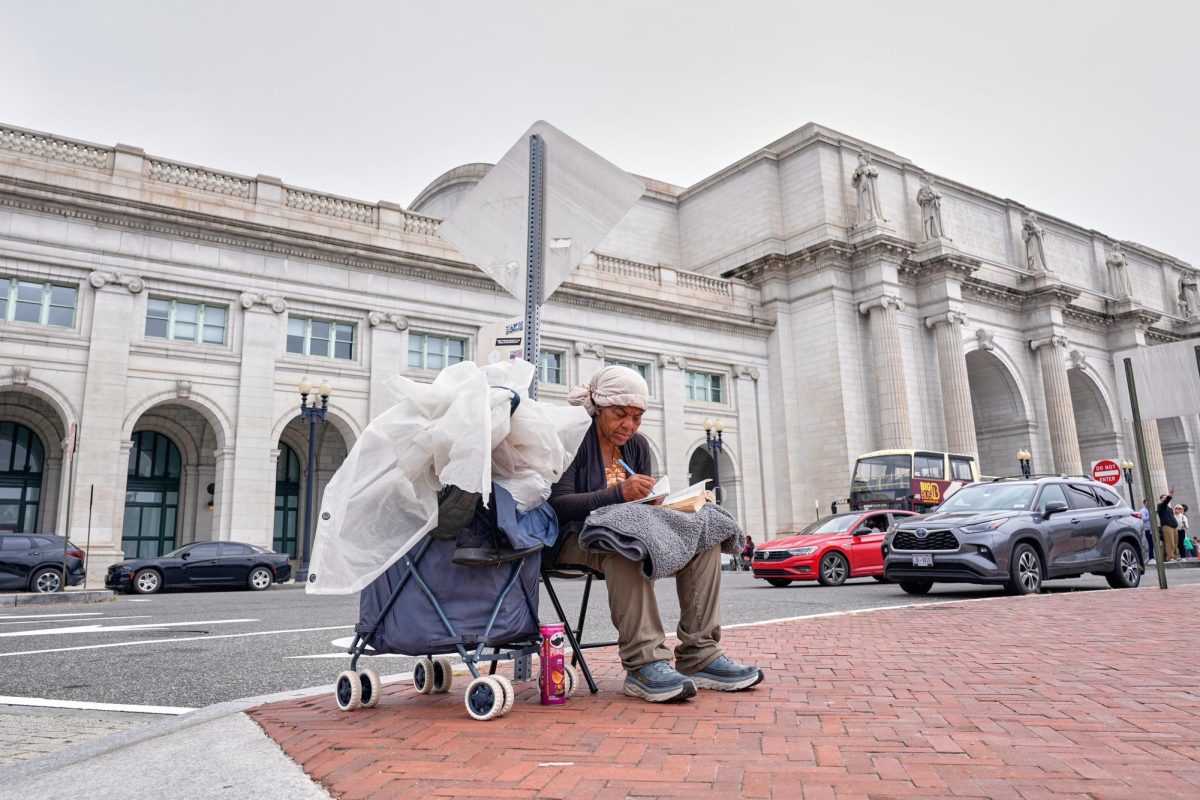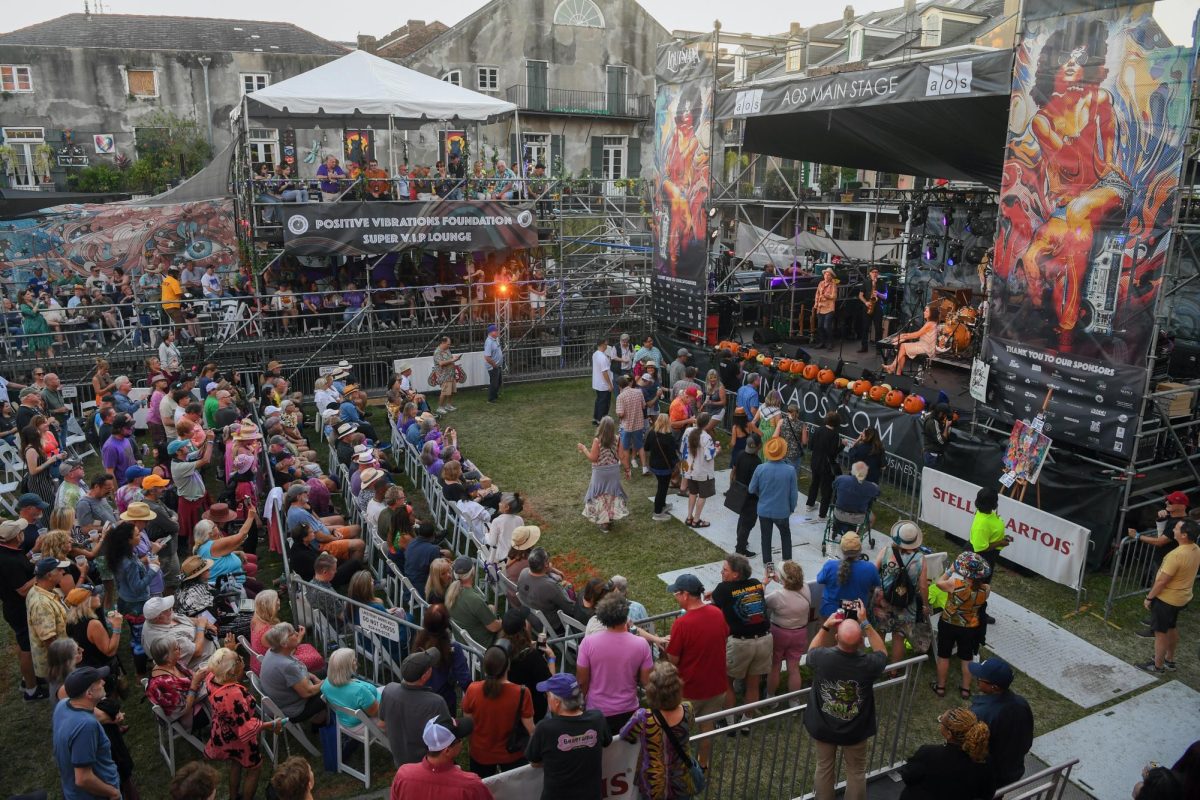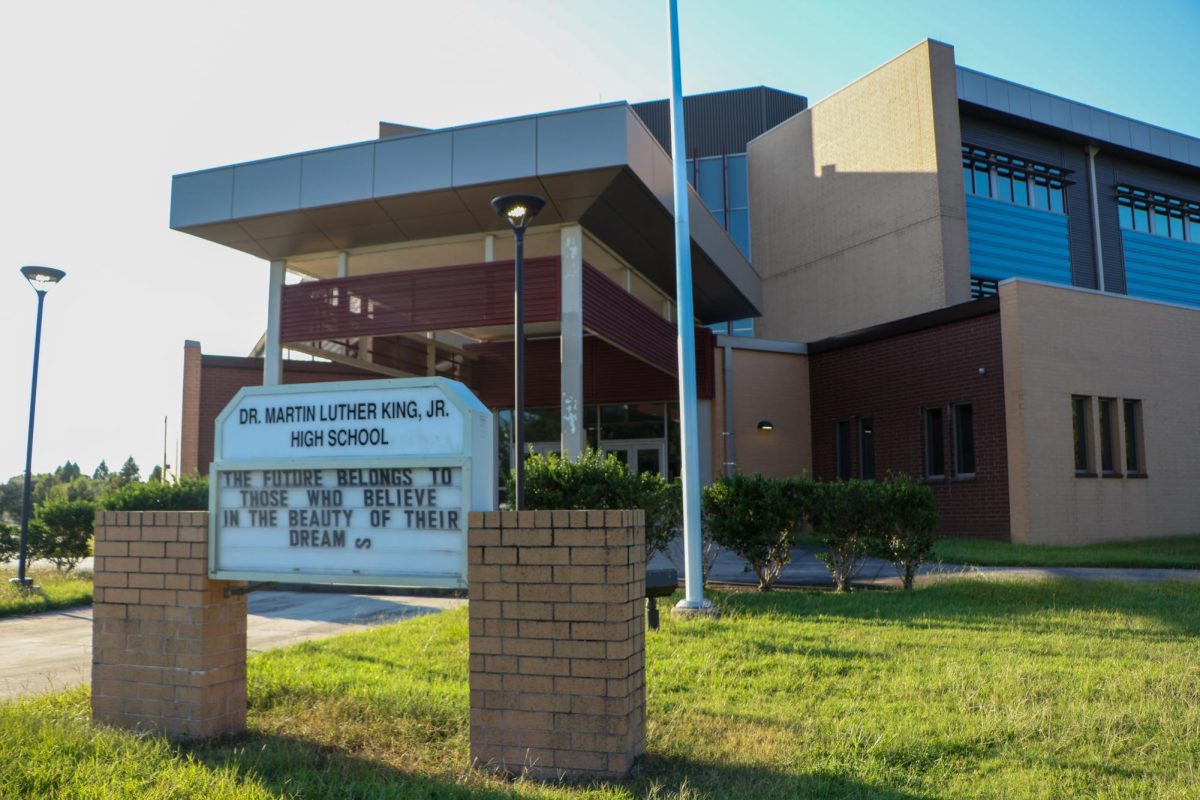Loyola’s efforts to introduce new sustainability initiatives keep expanding. Their affiliation with Keep Louisiana Beautiful has led them to receive a grant that focuses on implementing recycling throughout campus.
Louisiana Beautiful is a state-wide nonprofit organization that focuses on reducing waste, increasing recycling, and protecting the natural resources of our communities. This grant, which Loyola received last semester, has brought the opportunity of glass recycling to Loyola, according to Mark Tobler, the university’s Keep Louisiana Beautiful program manager.
Tobler said there has been an ongoing interest in bringing glass recycling to Loyola’s campus. Due to their affiliation with Keep Louisiana Beautiful, they received $4,800 from the organization in order to establish waste diversion and recycling on campus.
“Glass is a very low-barrier recyclable product. It is one of the easiest, least expensive, and least energy-intensive items to recycle, and it can continue to be turned into new glass bottles an infinite amount of times,” Tobler said.
The university’s community partner is Glass Half Full, a recycling center in New Orleans. They focus on collecting glass in order to convert it into sand and gravel for projects such as disaster relief and prevention, eco-construction, and coastal restoration, according to Fransizka Trautmann, the co-founder and CEO of Glass Half Full.
“Our glass recycling partner is Glass Half Full, and they pick up deposited glass once per month from the blue bins that are located at the north entrance to the West Road parking garage behind the Danna Center,” Tobler said.
Glass Half Full recycles glass by turning it into sand, with their ultimate goal being to divert glass from landfills and convert it into a resource for communities on and off the coast, according to Trautmann.
“Once the glass is turned into sand, we can use that sand to benefit our local community. We do this mostly through coastal restoration projects throughout Louisiana but also by distributing sand for other projects like green infrastructure,” Trautmann said.
Alanna Sepulvado, an environmental studies major and a social science minor, feels validated when the school provides sustainability initiatives that align with her personal and academic values concerning sustainability and environmental protection.
“It shows that the issues that I care about are being taken seriously by my institution. The incorporation of practical sustainability initiatives, such as glass recycling, can be an enriching learning experience for those who have never practiced recycling,” Sepulvado said.







